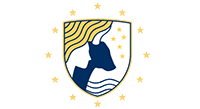International Baccalaureate
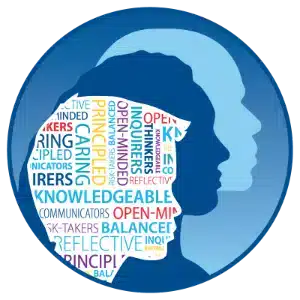
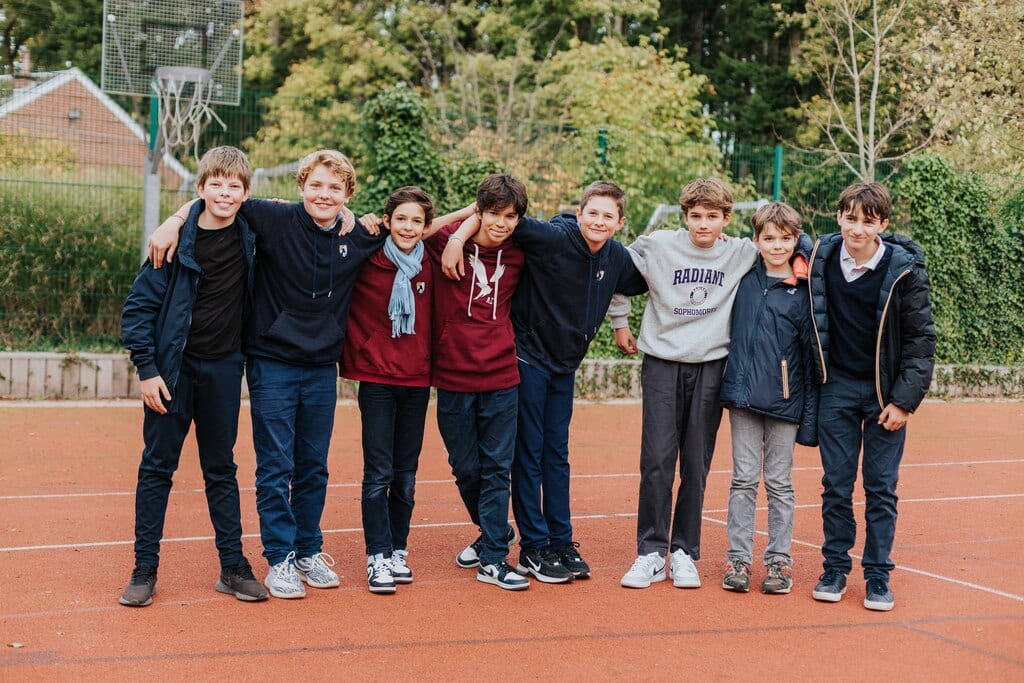
the International Baccalaureate Programme
The European School Brussels-Argenteuil is an International Baccalaureate (IB) world school authorized to deliver the International Baccalaureate Programme.
IB world schools share a common philosophy: they strive to enhance teaching and learning for a diverse and inclusive community of students by offering stimulating and high-quality international education programs grounded in a strong vision**. For more information about the IB and its programs, visit www.ibo.org.
The International Baccalaureate Diploma Programme is designed for students aged 16 to 19. The program aims to develop students who have an excellent foundation of diverse and in-depth knowledge, and who thrive physically, intellectually, emotionally, and ethically.
- The International Baccalaureate Diploma Programme is recognized by universities worldwide. A study shows that a greater number of students who have completed the diploma program gain admission to university or higher education compared to non-IB students.
- The Diploma Programme curriculum is made up of six subject groups and three core subjects, comprising theory of knowledge, creativity, activity, service and the extended essay.
- For more information, regarding the curriculum and subjects, please refer to the website: https://www.ibo.org/programmes/diploma-programme/curriculum/
The International Baccalaureate Diploma Programme
The curriculum is made up of the DP core and six subject groups. The core subjects are mandatory just as the student must choose one subject from each of the first five groups. The sixth subject is free of choice. Each student takes at least three (but not more than four) subjects at higher level, and the remaining at standard level. Standard level subjects take up 150 teaching hours. Higher level comprises 240 teaching hours.
Below is the list of subjects that will be offered on Campus. Please note that a minimum students may be necessary for a subject to be offered. Online options for specific courses are and can also be offered. Feel free to contact our IBDP coordinator for more information and regarding the possibility of applying to a course not mentioned in this list.
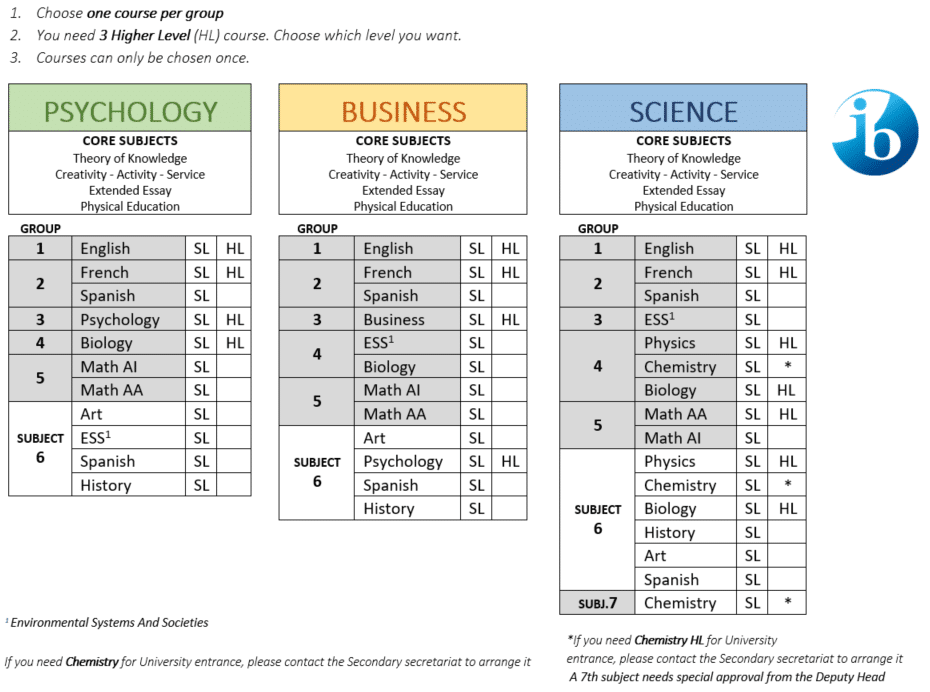
Dr. Søren Hansen, phD
IBDP coordinator
Feel free to contact our IBDP coordinator at shansen@eeba.be or our admission services at admission@eeba.be for any questions or to set up an appointment at school or phone.
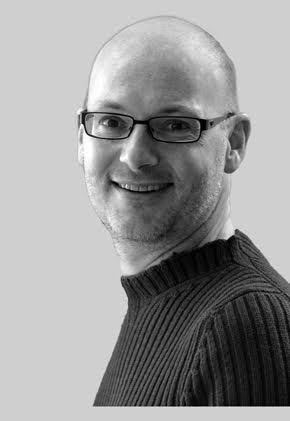
For further information about the IB and its programmes, visit www.ibo.org
** Mission Statement from the IB
The International Baccalaureate aims to develop inquiring, knowledgeable and caring young people who help to create a better and more peaceful world through intercultural understanding and respect. To this end the organization works with schools, governments and international organizations to develop challenging programmes of international education and rigorous assessment. These programmes encourage students across the world to become active, compassionate and lifelong learners who understand that other people, with their differences, can also be right.
